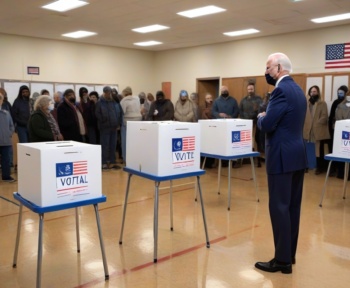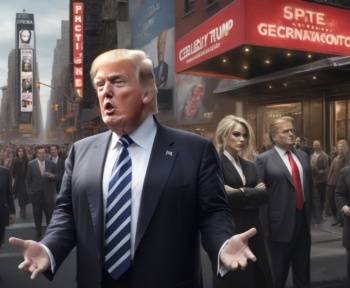The arrest of Michael Jeffries, the erstwhile CEO of the globally recognized retail brand Abercrombie & Fitch, on disturbing charges related to sex trafficking and interstate prostitution, has sent shockwaves through both the corporate and social sectors. These developments not only raise serious legal issues but also prompt a broader discussion about ethics in leadership and the dark underbelly of corporate power.
### Michael Jeffries: A Polarizing Figure
Jeffries is best known for transforming Abercrombie & Fitch into an emblem of coolness and exclusivity, aligning the brand closely with an idealized image of youthful attractiveness. Taking the helm in 1992, he was instrumental in redefining the brand’s image until his departure in 2014. However, his methods were not without controversy, often criticized for promoting a narrow and exclusionary idea of beauty which reflected in the company’s hiring practices and marketing strategies.
### Details of the Allegations
Now stepping back into the limelight under less auspicious circumstances, Jeffries has been indicted alongside two accomplices. The charges suggest a grievous exploitation of the vulnerable through manipulative and coercive practices spanning multiple states. The complexity of these allegations implies a deep-seated abuse of power and raises concerns about how societal elites manipulate their influence and resources in illegal activities.
Authorities have been tight-lipped about specifics but hinted at a solid foundation of digital evidence and testimonies that map out the intricate network of these illicit operations. As this legal battle unfolds, it’s expected to shed light on the intricate mechanisms of the trafficking ring and possibly expose more high-profile individuals involved.
### Industry Shockwaves and Corporate Response
The revelation has undoubtedly shaken corporate circles, stirring debates on moral leadership and corporate accountability. Abercrombie & Fitch was quick to distance itself from Jeffries, emphasizing a recommitment to diversity and inclusiveness—a direct contrast to the brand’s previous image under Jeffries’ tenure. This scandal poses a particular challenge to the brand’s reputation, necessitating a strategic navigation to realign its corporate identity and retain consumer trust.
### Societal Reaction and Broader Implications
These charges arrive at a time when society is increasingly vigilant about abuses of power, especially in the wake of movements like #MeToo. There is a growing public insistence on accountability, particularly for high-profile figures. This case underpins a critical societal need for more stringent safeguards against exploitation and strengthened enforcement of ethical standards in both personal conduct and professional endeavors.
Furthermore, the public discourse is expanding to include the voices of victims of trafficking, propelled by advocacy groups who call for holistic reforms to support these individuals and prevent future occurrences. Such high-profile cases amplify awareness and support for systemic changes.
### Academic and Expert Analysis
Experts in sociology and corporate ethics suggest that the Jeffries case may serve as a watershed moment for corporate governance. It highlights the necessity for rigorous ethical frameworks within the corporate hierarchy to deter such abuses of authority. Additionally, financial experts predict heightened scrutiny from stakeholders who may now demand more rigorous ethical assessments and transparency in corporate leadership practices.
### The Legal Road Ahead
As the case proceeds, the legal strategy of Jeffries and his defense will likely seek to mitigate the most severe penalties associated with these charges. However, prosecutors seem poised to present a strong case backed by substantial evidence, aiming for a landmark verdict that could set new precedents for handling similar high-profile cases in the future.
### Personal Trajectory and Public Morality
This scenario underscores a dramatic fall from grace for Jeffries, whose career once exemplified commercial success and branding genius. Now, he symbolizes the perils of unchecked power in corporate leadership. The unfolding of this case is set to contribute significantly to public and corporate discourse on moral accountability, emphasizing that positions of power should not be immune to legal and ethical scrutiny.
### Conclusion
In conclusion, the charges against Michael Jeffries mark a crucial juncture in the intertwining of corporate ethics, legal accountability, and societal values. While the legal proceedings will focus on the specifics of the crimes alleged, the broader narrative will scrutinize the ethical obligations of those in power. The outcome of this case will likely influence not just the personal fate of Jeffries but also the future conduct of corporate leaders globally, stressing an irreversible pivot towards greater integrity and ethical responsibility in leadership roles. This controversy, thus, sets the stage for a rigorous reevaluation of how power and responsibility are managed in the highest echelons of business and society.




